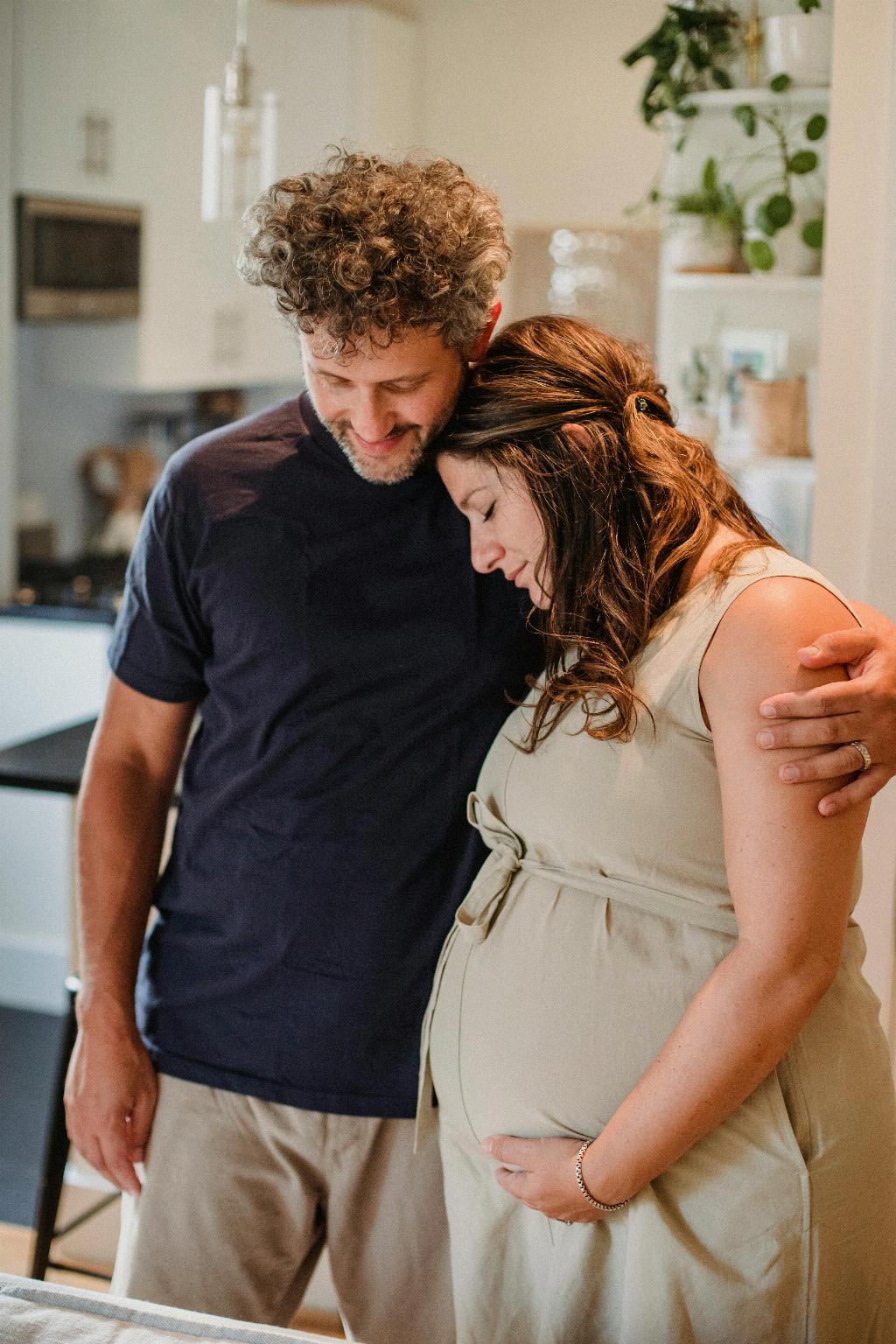Experiencing stomach problems after pregnancy is a common concern that many individuals may face. It’s essential to recognize that postpartum changes can affect various aspects of your digestive system, leading to issues such as hemorrhoids, constipation, fecal incontinence, and diarrhea. These problems can be attributed to a combination of factors, including uterine contractions, pelvic floor challenges, and fluctuations in hormone levels.
Types of Stomach Issues
One prevalent stomach issue post-pregnancy is hemorrhoids, which are swollen veins in the rectum or anus that can cause discomfort and bleeding. Constipation, defined by infrequent bowel movements or difficulty passing stool, is another prevalent problem, often due to changes in diet, decreased physical activity, or hormonal influences.
The Role of Hormones
Pregnancy and childbirth lead to significant hormonal shifts in the body, which can impact the digestive system. These hormonal changes can contribute to digestive issues like diarrhea or constipation, as the body works to rebalance its hormone levels postpartum.
Effects on the Pelvic Floor
The pelvic floor muscles play a crucial role in supporting various internal organs, including the bladder and bowel. During pregnancy and childbirth, these muscles can be weakened or damaged, leading to conditions such as fecal incontinence, where individuals may experience difficulty controlling bowel movements.
Treatment Options
Addressing stomach problems after pregnancy may involve a multifaceted approach. Depending on the specific issue, treatments such as dietary modifications, increased water intake, regular exercise, and pelvic floor therapy can be beneficial in managing symptoms and promoting digestive health.
Medical Interventions
In some cases, medical interventions like the use of laxatives or stool softeners may be recommended to alleviate constipation or promote regular bowel movements. It’s essential to consult with healthcare providers to determine the most appropriate treatment plan tailored to individual needs.
Lifestyle Factors
Adopting healthy lifestyle habits post-pregnancy can also play a significant role in managing stomach problems. Engaging in regular physical activity, maintaining a balanced diet rich in fiber, and practicing pelvic floor exercises can contribute to improved digestive function and overall well-being.
Psychological Impact
It’s important to acknowledge the psychological impact that stomach problems after pregnancy can have on individuals. Dealing with digestive issues can be stressful and affect one’s quality of life. Seeking support from healthcare professionals or counselors can help address any emotional challenges related to postpartum stomach problems.
Long-Term Considerations
While many stomach problems after pregnancy may resolve over time with proper care and attention, some individuals may experience chronic issues that require ongoing management. Monitoring symptoms, seeking regular medical follow-ups, and staying informed about available treatment options are essential for long-term digestive health.
Support Networks
Building a strong support network of healthcare providers, family members, and friends can be invaluable in navigating postpartum stomach problems. Openly discussing concerns, seeking advice, and sharing experiences with others who have gone through similar challenges can provide encouragement and guidance.
Self-Care Practices
Practicing self-care techniques, such as mindfulness, relaxation exercises, and stress management strategies, can help individuals cope with the physical and emotional toll of stomach problems after pregnancy. Prioritizing self-care is essential in promoting overall well-being and enhancing recovery postpartum.

